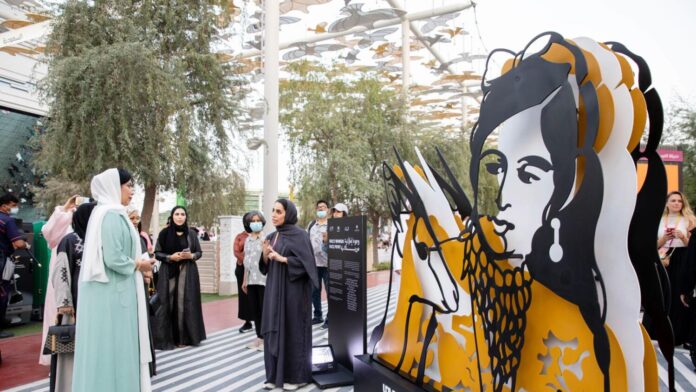For Ethiopian Baysa Teha, a homegrown laborer, cooking in the heavenly month of Ramadan gives an exceptional pleasure.
Other than the adventure of trying different things with the different customary dishes of the facilitating family’s nation of origin, the 31-year-old said taking care of the individuals who quick is a compensated demonstration in Islam.
“I feel honored that my occupation permits me to cook for a family during Ramadan and offer the delight of breaking my own quick with them,” said Teha, a UAE inhabitant starting around 2015.
“We cook consistently, however the prizes increase in the heavenly month.”
Teha, who works for a Jordanian group of seven that contains two wedded sisters and their kids, begins her day at 11am during the blessed month.
Subsequent to finishing the cleaning tasks, she begins the cooking system with the two moms in the early evening.
“I love sharing the cooking liabilities. Every single one of us assumes responsibility for a supper and we help each other put everything out on the table for Iftar.”
The Holy Quran recitation is generally on the radio as the three ladies cook.
In the wake of having Iftar with the family, Teha plans Arabic Ramadan desserts including Qatayef and Luqaimat. “I figured out how to make them from the family, and I appreciate setting up the batter without any preparation!”
Whenever Ramadan beverages of Qamar Al Dein and Vimto are put after Iftar close by the tea and espresso, Teha commits the remainder of her evening to petitions, Quran perusing and interfacing with her family back home. Arrangements for Suhoor start at 1am.
Ramadan, for Teha, offers an otherworldly reprieve and unites individuals.
“Ramadan joins us no matter what our ethnicities or societies. Indeed, even back home, regardless of how occupied individuals are, there is a time when we as a whole met up to break our quick,” said Teha.
This year, she anticipates requiring the sacred month as an opportunity to support her requests, commitment and internal harmony.


